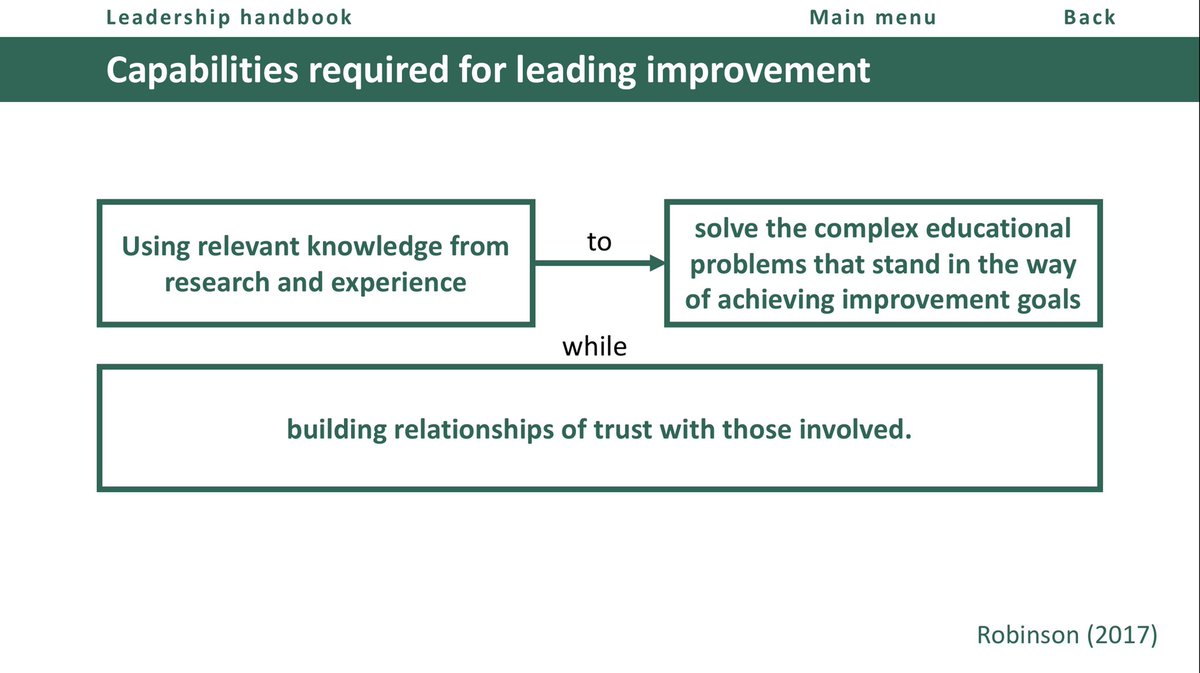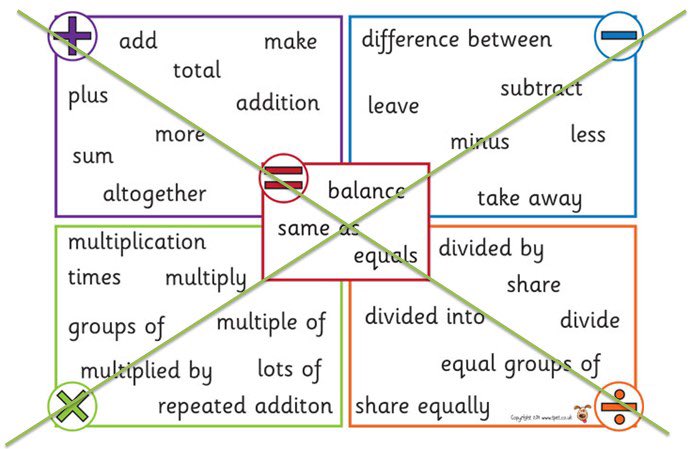
Even more thoughts about quality assurance…
🧵
1/13
🧵
1/13
The first thread pulled together ideas about complexity (as opposed to simple cause and effect relationships), domains of impact and two models for quality assurance:
2/13
2/13
https://twitter.com/mrnickhart/status/1559108904185102336
The second thread focused more on different layers of quality assurance:
✅ Checking understanding of purpose
✅ Overview activities
✅ Depth activities
3/13
✅ Checking understanding of purpose
✅ Overview activities
✅ Depth activities
3/13
https://twitter.com/MrNickHart/status/1560897813617295360
In this thread, let’s consider underlying beliefs about what school leadership is and how this influences our quality assurance / monitoring.
4/13
4/13
Schools are complex and we and our colleagues all have biases based on our own prior knowledge.
mrnickhart.wordpress.com/2022/03/03/the…
5/13
mrnickhart.wordpress.com/2022/03/03/the…
5/13
We might have an underlying belief that quality assurance is about evaluation (judging how good or bad school practice is).
This might manifest as high stakes monitoring activities that might do more harm than good, particularly to school climate.
cem.org/blog/414
6/13
This might manifest as high stakes monitoring activities that might do more harm than good, particularly to school climate.
cem.org/blog/414
6/13
Alternatively, we might have an underlying belief that quality assurance is about building knowledge.
This might manifest as lots of conversations to try and understand the reality of school life:
mrnickhart.wordpress.com/2021/12/08/kno…
7/13
This might manifest as lots of conversations to try and understand the reality of school life:
mrnickhart.wordpress.com/2021/12/08/kno…
7/13
This could quite possibly be two ends of a spectrum, or indeed there might be other underlying beliefs beyond each of the examples, but you get the idea.
What we think school leadership is determines our (quality assurance) actions.
8/13
What we think school leadership is determines our (quality assurance) actions.
8/13
I think that because of the complexity and inherent, unavoidable bias, we need to be positioned more towards the underlying belief that school leadership is about building knowledge.
Because that is how we become more expert:
ambition.org.uk/blog/expertise…
@TomRees_77 @Barker_J
9/13
Because that is how we become more expert:
ambition.org.uk/blog/expertise…
@TomRees_77 @Barker_J
9/13
The goal is to take a wider view to include what other leaders and colleagues think:
Collective knowledge is likely to be far more accurate and reliable than just ours.
theteachco.com/uploads/specia…
10/13

Collective knowledge is likely to be far more accurate and reliable than just ours.
theteachco.com/uploads/specia…
10/13


And ultimately, with better knowledge of the school, we put ourselves in a better position to be able to make decisions that might improve what we do.
Which has to be the goal of any quality assurance, whatever our underlying beliefs about school leadership.
11/13
Which has to be the goal of any quality assurance, whatever our underlying beliefs about school leadership.
11/13
If you find this interesting, come along to @researchED1 on Saturday where I’ll be talking about these kinds of things and more.
researched.org.uk/event/research…
12/13
researched.org.uk/event/research…
12/13
If you can’t make @researchED1 but all this still interests you, you’ll enjoy #ImpactBook and #CultureBook, available here:
bloomsbury.com/uk/impact-9781…
routledge.pub/Creating-a-Str…
#CultureBook is available for pre-order with a 20% discount!
13/13
bloomsbury.com/uk/impact-9781…
routledge.pub/Creating-a-Str…
#CultureBook is available for pre-order with a 20% discount!
13/13

• • •
Missing some Tweet in this thread? You can try to
force a refresh














